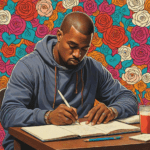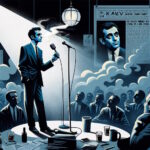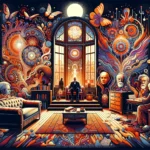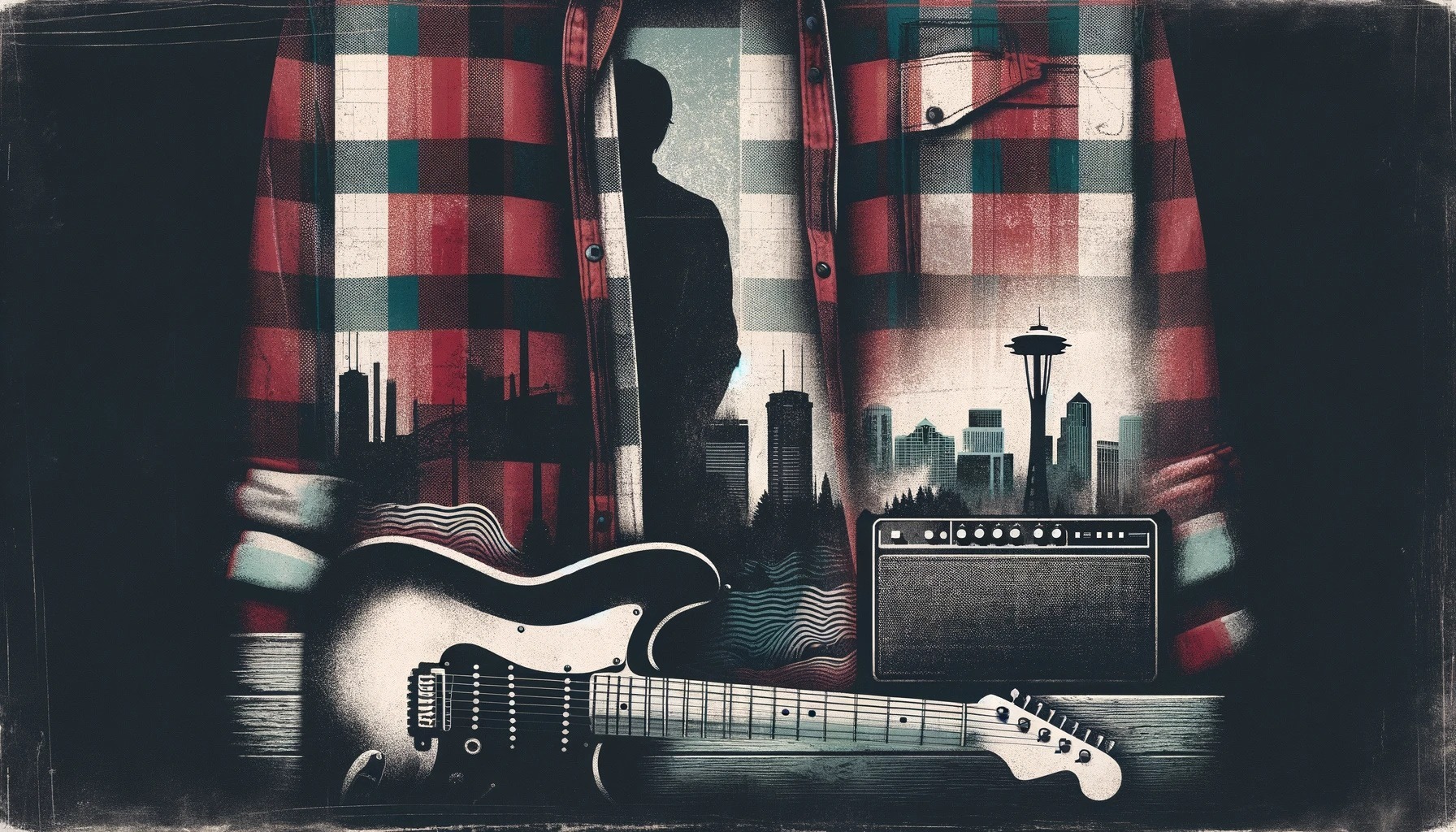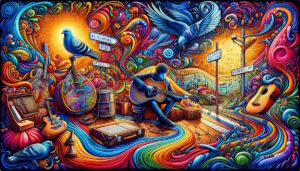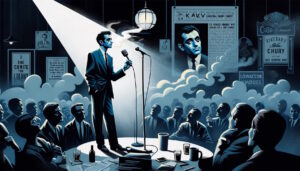The year was 1991. The place, my suburban bedroom, plastered with band posters and scented with the sweet aroma of adolescence – a fragrant mixture of teenage rebellion, cheap aftershave, and anxiety. The speaker wires from my hand-me-down stereo had a tendency to slip loose, creating a continuous crackle that blended in seamlessly with the angst-ridden chords of Nirvana’s “Smells Like Teen Spirit.”
The raw, unpolished sound of Kurt Cobain’s voice, reverberating through the walls of my tiny sanctuary, was an invitation. An invitation to a new era, to a movement that was much bigger than any one song or band. It was a call to arms from the rain-soaked city of Seattle, a place as far removed from my reality as the moon itself. This was grunge, and it was about to change everything.
The ’90s were a unique time to be a music fan. The excessive hairspray of the ’80s rock scene was finally starting to lose its hold. We needed something real, something raw – and grunge was the answer. Stripped-back music that echoed the restlessness, the disillusionment, the disconnectedness of a generation that wasn’t quite sure where it belonged.
One thing I remember distinctly about this period was the flannel. Oh, the flannel. I was a kid from the suburbs, where our fashion was determined more by the offerings of local department stores than any statement we wanted to make. But grunge brought flannel into our lives. It was comfortable, it was cheap, and it was a symbol. A symbol that, like the music, we were breaking away from the polished, the glitzy, the try-hard.
Back then, the grunge scene felt like an exclusive club. The bands like Pearl Jam, Soundgarden, and Alice in Chains had their own language, their own style, and their own world. They wore their hearts on their sleeves, just like the patches we wore on our thrift-store jackets.
In the middle of the ’90s, I finally made my pilgrimage to the grunge Mecca, Seattle. Walking through the rainy streets, it was hard to reconcile this ordinary city with the fact that it was the birthplace of a movement that had defined a generation. It was a strange feeling, like meeting your favorite author and finding out they’re just as human as you are. But that was the thing about grunge, it was always more human than anything else.
Looking back now, it’s clear to see how grunge shaped not just my identity, but the identity of an entire generation. We were the flannel-wearing, Doc Martens-stomping kids who grew up to be the adults still spinning ’90s vinyl in our living rooms. Grunge taught us that it was okay to be raw, to be real, to be different. It gave us an outlet for our frustrations, our anxieties, and our dreams.
Today, my kids may roll their eyes at my ’90s playlist, and my flannel shirts may have long since faded, but the spirit of grunge lives on. It’s a testament to the enduring power of authenticity, of music that captures a feeling, a moment, a generation. And every time I hear the opening chords of “Smells Like Teen Spirit,” I’m transported back to that teenager in his bedroom, discovering for the first time that there was a whole world out there that understood exactly how he felt.


